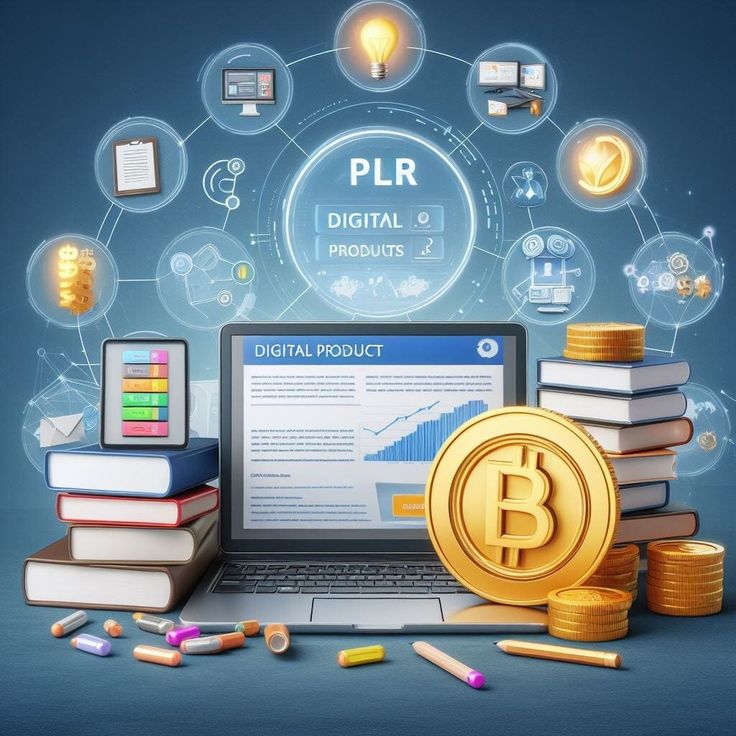Private Label Rights (PLR) eBooks have become increasingly popular among entrepreneurs and content creators looking to save time and effort in content generation. However, before diving into the world of PLR eBooks, it’s essential to understand the legal implications and best practices for their use. In this post, we’ll break down the key aspects you should be aware of when working with PLR eBooks.

What are PLR eBooks?
PLR eBooks are digital products that come with rights allowing you to modify, distribute, and even claim authorship plr ebooks. Unlike traditional copyrights, PLR gives you more flexibility in how you use the content. This makes them an appealing option for those looking to create their own products quickly.
Legal Considerations
1. License Terms
The first step in using PLR eBooks is to thoroughly read the license agreement that comes with the product. Different PLR products have varying terms. Some may allow you to edit the content and use it as your own, while others may have restrictions on resale or modification. Always ensure you understand the terms before proceeding.
2. Modification Rights
Many PLR eBooks come with the right to modify content, but not all do. If you plan to rebrand the eBook or change significant portions of it, confirm that the license allows for such alterations. Simply repackaging an eBook without changes may not offer you the unique branding or value you desire.
3. Attribution and Author Claims
While PLR often allows you to claim authorship, it’s best practice to either personalize the content or acknowledge the original source. Claiming authorship of poorly written or generic content can damage your reputation in the long run. Consider adding your insights or expertise to elevate the material.
4. Distribution Rights
Understand the distribution rights associated with the PLR eBook. Some may permit unrestricted distribution, while others might limit sharing to specific platforms or require you to sell it. Knowing the boundaries of distribution is crucial to avoiding legal issues.
5. Quality and Copyright Issues
Not all PLR content is created equal. Some eBooks may contain outdated information or poor writing quality. Additionally, if the PLR eBook was not legally obtained, you could be infringing on someone else’s copyright. Always purchase PLR from reputable sources to avoid potential legal troubles.
Best Practices for Using PLR eBooks
1. Add Value
To stand out, consider adding your unique perspective or additional resources. Transform the content into a more comprehensive guide or supplement it with your own insights, case studies, or examples.
2. Use as a Foundation
Think of PLR eBooks as a starting point rather than a final product. Use them as a framework to build your content, tailoring it to your audience’s needs and preferences.
3. Create a Brand Around It
If you’re using multiple PLR eBooks, consider creating a cohesive brand. This could involve redesigning the eBook covers, creating a series, or developing a related marketing strategy that aligns with your business goals.
4. Stay Updated
If the content of the PLR eBook relates to a specific industry or topic that evolves rapidly, ensure that you stay updated. Regularly check for changes or new information to keep your material relevant.
Conclusion
PLR eBooks can be a valuable resource for anyone looking to produce content quickly and efficiently. However, understanding the legalities and best practices is crucial to leveraging these tools effectively. By being informed and cautious, you can use PLR eBooks to enhance your content strategy while avoiding potential pitfalls. So, do your due diligence, get creative, and make the most of what PLR has to offer!
